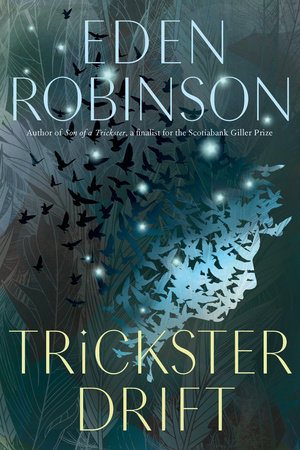11.05.2022
By Zara Reed
***
Category: Fiction, Short Stories
Author: Rawi Hage
Format: Hardcover, 210 pages
Publisher: Alfred A. Knopf Canada
ISBN: 978-0-7352-7362-7
Pub Date: March 1, 2022
***
Summary from the Publisher:
In Montreal, a photographer’s unexpected encounter with actress Sophia Loren leads to a life-altering revelation about his dead mother. In Beirut, a disillusioned geologist eagerly awaits the destruction that will come with an impending tsunami. In Tokyo, a Jordanian academic delivering a lecture at a conference receives haunting news from the Persian Gulf. And in Berlin, a Lebanese writer forms a fragile, fateful bond with his voluble German neighbours.
The irresistible characters in Stray Dogs lead radically different lives, but all are restless travelers, moving between states–nation-states and states of mind–seeking connection, escaping the past and following delicate threads of truth, only to experience the sometimes shocking, sometimes amusing and often random ways our fragile modern identities are constructed, destroyed, and reborn. Politically astute, philosophically wise, humane, relevant and caustically funny, these stories reveal the singular vision of award-winning writer Rawi Hage at his best.
- From Goodreads
Book Review:
Rawi Hage’s collection of short stories in the book, Stray Dogs, consists of 11 pieces of narrative that move from sparse to almost cynical; written as fiction, yet in its undertone seem to take on a form of the bravado of an essayist, asserting itself through the dialogue and voice of an intellectual academic.
Its third person narrative in its detached view and quality leans toward this dissertation “feel” of the book, a collective bargaining tool and challenge to those who must consider the stories’ resistance against class norms, politics, religion—even memory.
Throughout the stories, too, is a running theme of Hage’s wrestle with his investigation and articulation of the significance of the process and purpose of photography, to the nature and premise—or rather, the promise—of the photograph itself. The reader is indirectly asked to consider the photograph and its image as more than a medium of preservation of a moment or record, but something that could be far more meaningful and/or contradictory.
The characters can be as zealous as they are sardonic and secretive; hyperbolic as they are dramatic; and even sentimental and sad, though restrained in their expression of such trauma or feeling.
Setting and plots are bound by cusps of social and emotional revolution; internalized fantasy and grief; and all speak to the emotional landscape that the characters tread themselves into, having to face varying forms of inevitable loss and surprising danger.
But to reach such conclusions, the reader must receive what Hage only implies through the narrative, revealed only through what Hage does not write and leaves unsaid. The power in Hage’s writing is not in the dialogue or narrative itself—for me, its detached style presses me into a corner in which I must silently, yet coercively become a more proactive reader—but in the white space of the page in which the reader must consider what Hage has purposely and innovatively chosen to leave out.
So, if you’re looking for a “light” read in which the obvious will be easily fed to you through descriptive, lyrical language and a hedonistic, automatic connection with the emotional nuances of a character or characters—this is not the book for you.
The pacing of the stories vary from stark to essayist convoluted verbiage, but if patient enough to return and perhaps do a second or third re-reading, emotional subtleties and even sentimentality may arise and reveal themselves.
The characters’ border crossings in these stories travel further than geographical distances and concurrently traverse emotional landscape and memory, those didactic towards the cyclic nature of life, death, ambition, validation, and loss.
***
Stray Dogs by Rawi Hage has been shortlisted for the 2022 Scotiabank Giller Prize, which will announce its winner on November 7, at 9:00pm EST.
***
Characters: 3 stars
Plot: 3 stars
Language/Narrative: 2.5 stars
Dialogue: 2.5 stars
Pacing: 3 stars
Cover Design: 2 stars
***
Rating



***
About the Author:

Rawi Hage is a Lebanese Canadian writer and photographer.
Born in Beirut, Hage grew up in Lebanon and Cyprus. He moved to New York City in 1982, and after studying at the New York Institute of Photography, relocated to Montreal in 1991, where he studied arts at Dawson College and Concordia University. He subsequently began exhibiting as a photographer, and has had works acquired by the Canadian Museum of Civilization and the Musée de la civilisation de Québec.
Hage has published journalism and fiction in several Canadian magazines. His debut novel, De Niro’s Game, was shortlisted for the 2006 Scotiabank Giller Prize and the 2006 Governor General’s Award for English fiction. He was also awarded two Quebec awards, Hugh MacLennan Prize for Fiction and the McAuslan First Book Prize at the Quebec Writers’ Federation literary awards.
- From Goodreads
You can connect with the author, Rawi Hage, on Facebook.
























